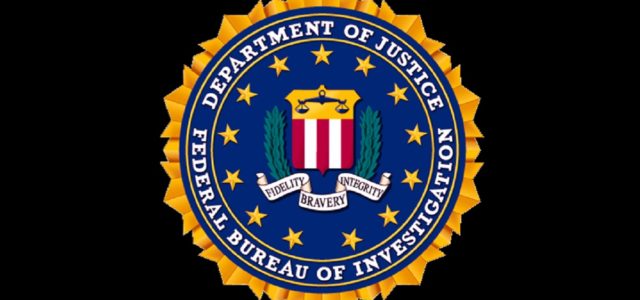FBI Not Processing NICS Appeals

So here’s an interesting story that I came across that talks about a recent lawsuit filed against the FBI for not processing NICS appeals. Although I don’t have any firsthand experience in terms of a NICS denial (and don’t personally know anyone who has), I’ve always wondered what happened to the folks who were denied via NICS due to a mistake? Well, according to the story below, it sounds as though the FBI has taken the approach that it’s on the person who was denied to research and determine the reason for the denial. On a personal level, that makes no sense to me as the FBI should be required to provide a NICS denial with the specific reason for the denial.
“Every now and then, a NICS check will get denied for a reason that’s not legitimate. It could be that a criminal has stolen someone’s identity, or something as simple as a bad guy having a similar name as a law-abiding citizen. No system is perfect.
That’s why the FBI should be examining NICS appeals — which they just decided to quit doing in late 2015, at least for some, according to a legal complaint lodged by Stamboulieh Law, PLLC.
Take a look at their statement to the press below:
The FBI simply must fix its NICS appeals system. After it was reported that the FBI stopped processing firearms denials in early 2016, we filed a FOIA for that information. It was recently received. We have had at least a hundred people contact us to help vindicate their rights in court. So, today we filed a lawsuit on behalf of five individual plaintiffs from across the country that were erroneously denied their firearms purchase. Of interest, there are two suppressor denials in here as well. The Complaint is attached for your review. We will update the public as we receive more information.
We have also alleged that even if the government provides the relief sought in the complaint, that the Court should retain jurisdiction due to this issue:
However, the Defendants and FBI in particular, is improperly shifting their burden to the individual to follow up with various courts or jurisdictions. This is the same scenario found in, 903 F. Supp. 2d 333, 341 (D. Md. 2012).In , the district court found that the defendant was improperly shifting the burden and that:
“[t]he regulations make clear that …

